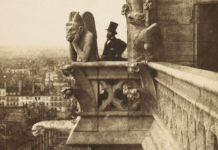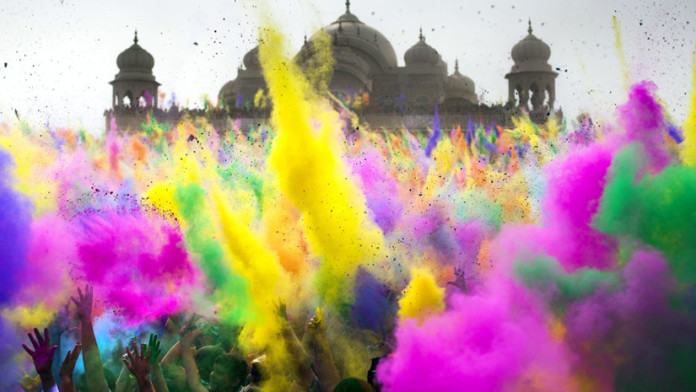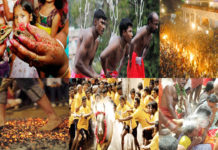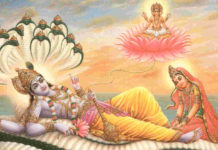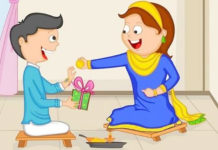Holi, is one festival, where people love to get filthy, and one of those festivals that people celebrate despite their religious and cultural inclinations. Called, festival of colors, Holi sees a very vibrant and colorful surroundings.
Why is Holi Celebrated?
 The word Holi has its origins from “Holika”, the demonic sister of demon King Hiranyakashipu, who earned a boon that made him invincible, due to which he became arrogant and started demanding everyone to address him as God, which everyone did, out of fear but, his son Prahlad, continued with his unabated devotion to Lord Vishnu. This irritated the king to such an extent that he subjected his son to cruel punishments, but none had any effect on Prahlad since Lord Vishnu protected him each time. Finally, Holika decided to help her brother. She tricked him into entering a huge burning pyre with her, while she was clad in a fire-proof shawl. Due to Prahlad’s devotion towards Lord Vishnu, Lord Shiva, saved Prahlad in the nick of time, by making the shawl fly from Holika’s shoulder’s to Prahlad’s. She burned herself to death in the fire and Prahlad escapade unhurt. Thus, Holi commemorates the victory of good over evil and the day after Holika was burned in the bonfire began to be celebrated as Holi.
The word Holi has its origins from “Holika”, the demonic sister of demon King Hiranyakashipu, who earned a boon that made him invincible, due to which he became arrogant and started demanding everyone to address him as God, which everyone did, out of fear but, his son Prahlad, continued with his unabated devotion to Lord Vishnu. This irritated the king to such an extent that he subjected his son to cruel punishments, but none had any effect on Prahlad since Lord Vishnu protected him each time. Finally, Holika decided to help her brother. She tricked him into entering a huge burning pyre with her, while she was clad in a fire-proof shawl. Due to Prahlad’s devotion towards Lord Vishnu, Lord Shiva, saved Prahlad in the nick of time, by making the shawl fly from Holika’s shoulder’s to Prahlad’s. She burned herself to death in the fire and Prahlad escapade unhurt. Thus, Holi commemorates the victory of good over evil and the day after Holika was burned in the bonfire began to be celebrated as Holi.
Some interesting facts on the Festival of Colors:
Holi marks the beginning of spring.

It marks the day when old hatchets are buried and new friendships, relationships or renewing of old relationships- takes place on this day

It symbolizes equality- people from all races, classes, religions, caste- all are considered equal, symbolizing equality and brotherhood.
 According to legend, the young Krishna complained to his mother Yashoda about why Radha was so fair and he so dark. Yashoda advised him to apply color on Radha’s face and see how her complexion would change. Because of this associated with Krishna, Holi is extended over a longer period in Vrindavan and Mathura, two cities with which Krishna is closely affiliated.
According to legend, the young Krishna complained to his mother Yashoda about why Radha was so fair and he so dark. Yashoda advised him to apply color on Radha’s face and see how her complexion would change. Because of this associated with Krishna, Holi is extended over a longer period in Vrindavan and Mathura, two cities with which Krishna is closely affiliated.
 In Bengal, Holi features the Dolayatra (Swing Festival), in which images of the gods are placed on specially decorated platforms and devotees take turns swinging them. In the meantime, women dance around and sing special songs as men spray colored water at them.
In Bengal, Holi features the Dolayatra (Swing Festival), in which images of the gods are placed on specially decorated platforms and devotees take turns swinging them. In the meantime, women dance around and sing special songs as men spray colored water at them.


